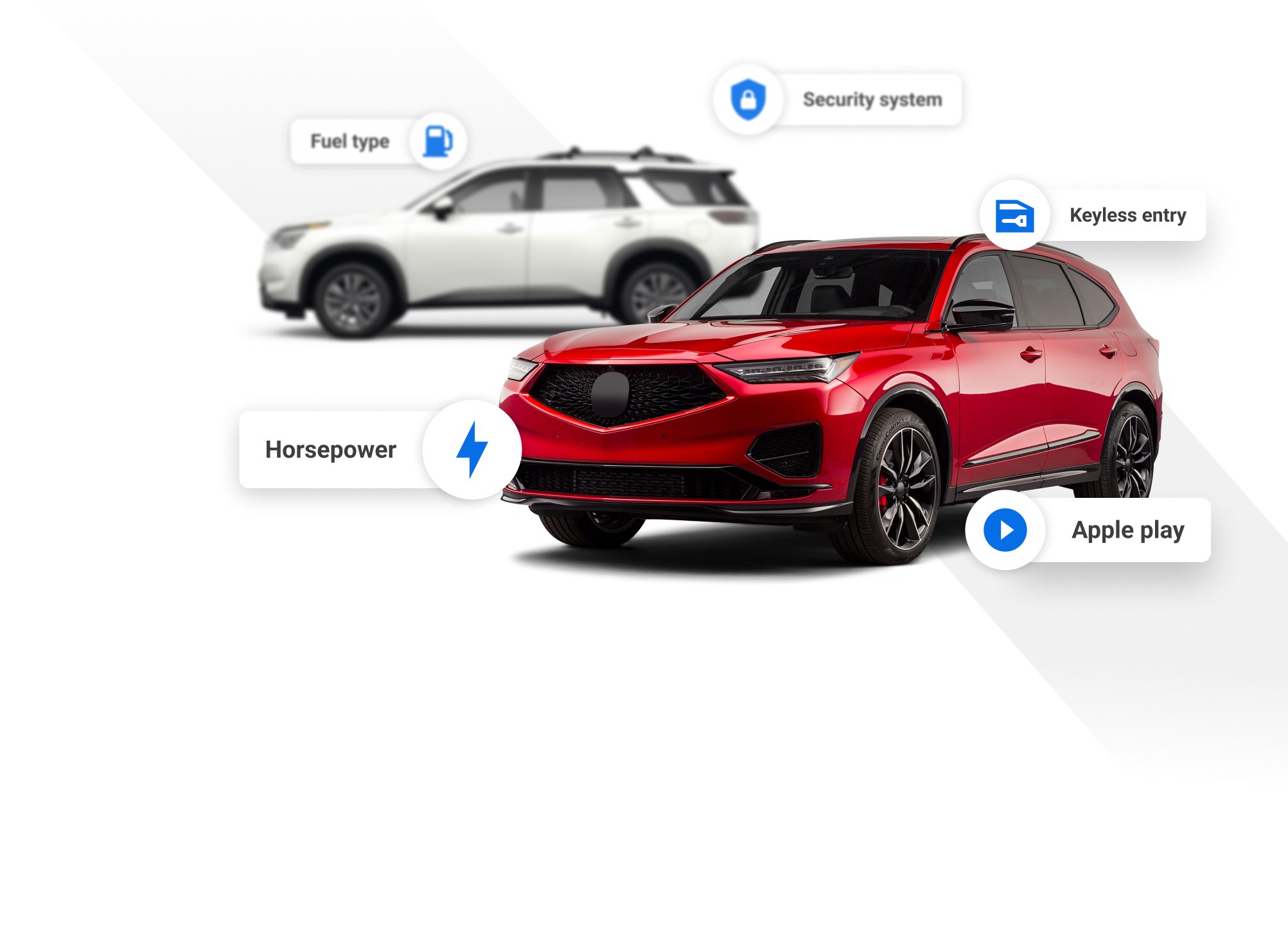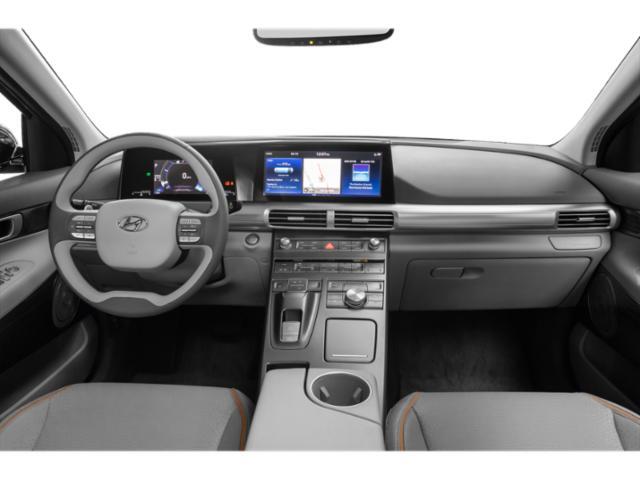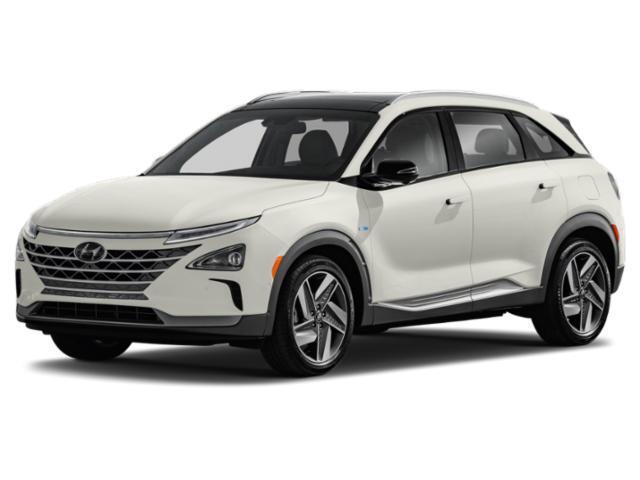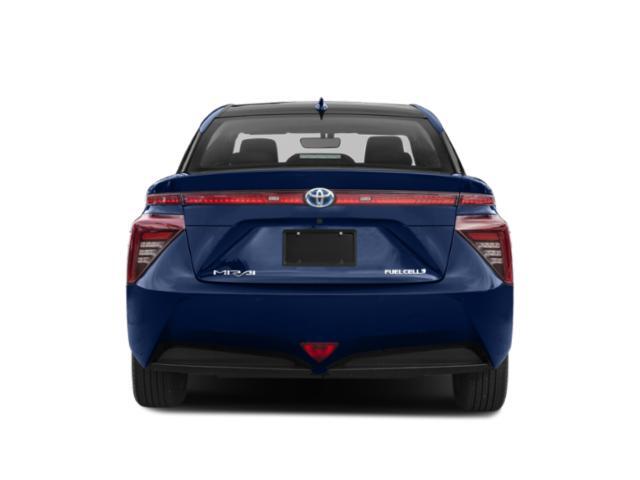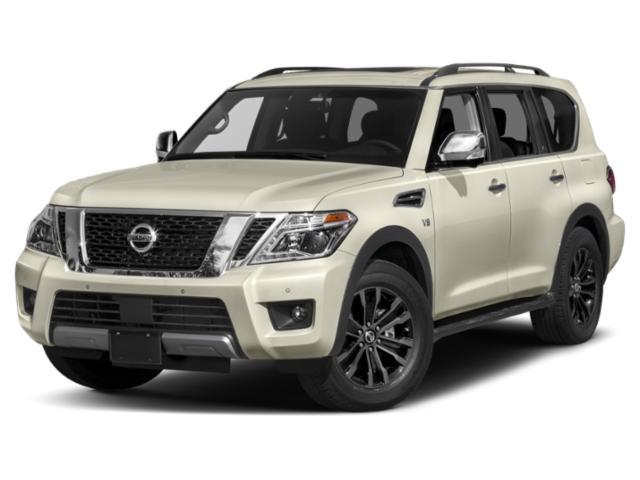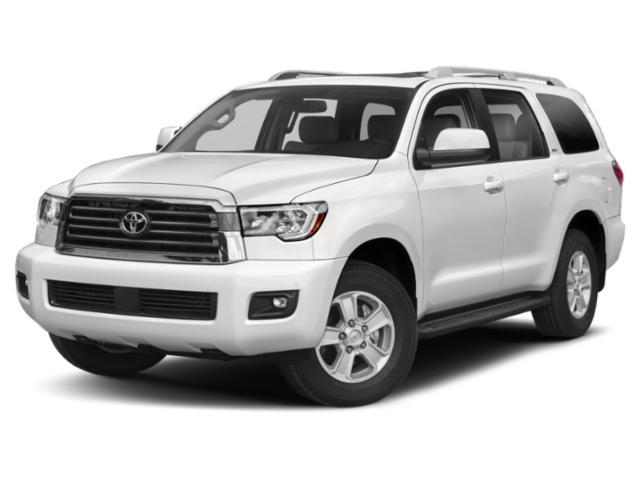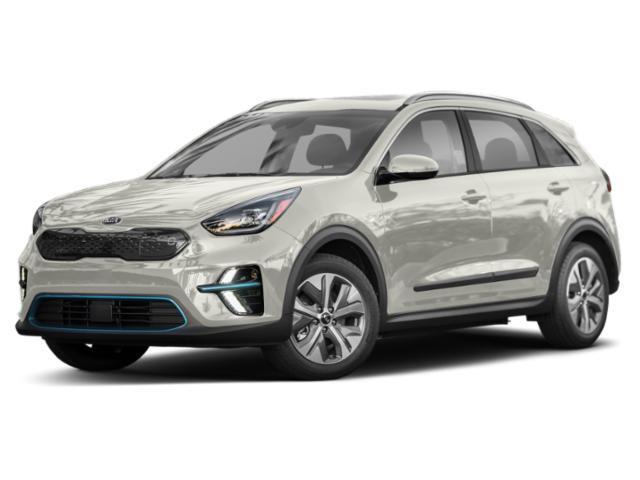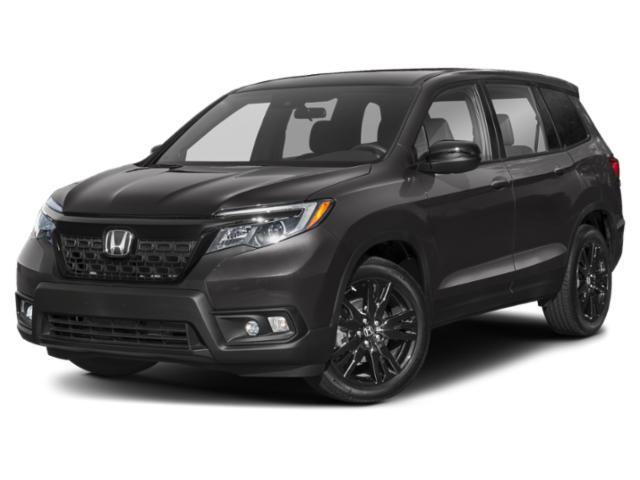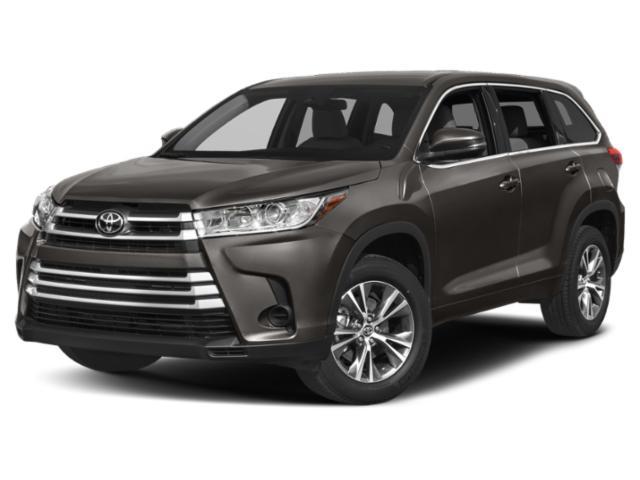
2019 Hyundai NEXO

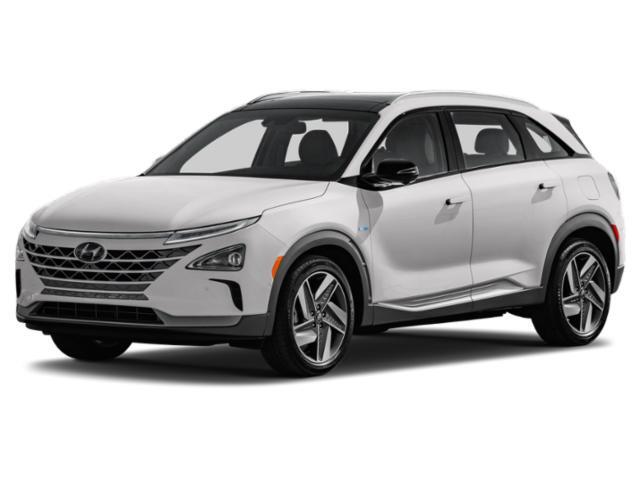
Key Specifications for 2019 Hyundai NEXO






Buyer’s Guide
This year, Hyundai makes its second foray into the fuel cell electric vehicle field with an all-new model called Nexo. The purpose-built crossover -- it's not obviously based on any existing Hyundai product -- follows on the Tuscon FCEV introduced in 2015 that Hyundai made available in certain Canadian markets.
The Nexo's availability will also limited to where hydrogen fueling facilities actually exist. As we write this, there are exactly three in all of Canada: two in B.C. and one in Quebec.
That will certainly limit the Nexo's appeal. So will its price, at $73,000, which would be a lot even for a vehicle of this size sold by Hyundai's upscale Genesis division. But even if Hyundai decided to sell the Nexo at a loss, it wouldn't matter if buyers have nowhere to fuel it up.
To help introduce the Nexo to the driving public in B.C., Hyundai teamed up with a Vancouver-based car sharing service called MODO, which added this fuel-cell test bed to its fleet.
Hydrogen fuel cell vehicle propulsion is a promising technology that has been on the horizon for a number of years, but has failed to gain traction because of a lack of fueling infrastructure. Assuming you can find a place that dispenses hydrogen, you spend five or 10 minutes filling the Nexo's pressurized tank. The car turns hydrogen into electricity, and a full tank promises more than 550 km of driving range.
The Nexo's electric motor puts 161 hp and 291 lb-ft of torque through a six-speed transmission to the front wheels.
At the moment, if you want an electric Hyundai, the company's Kona Electric is a better bet, given its lower price, relative ease of charging and useful driving range.
Given its premium price, the Nexo comes with all of the comfort and convenience features now common in less-expensive vehicles. The Nexo also comes with a nifty self-parking function that allows the car to park itself -- while you stand outside the car -- in both perpendicular and parallel spots.
Photos

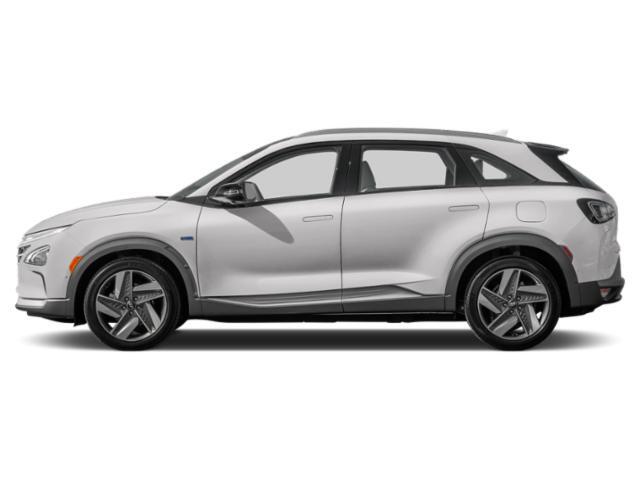


AutoTrader Review





